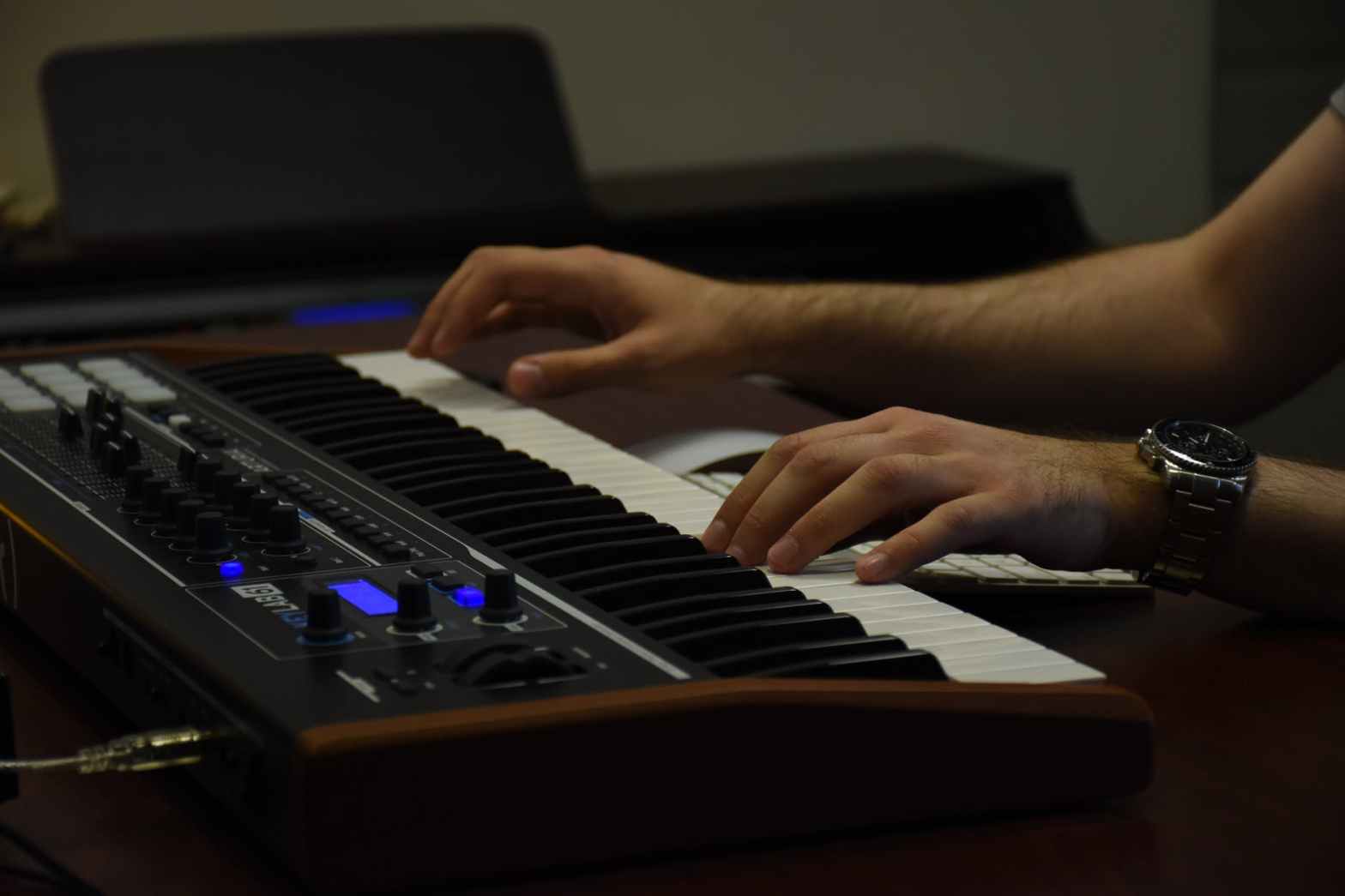I have recently been alerted to a new paper by Music Therapist Dr John Strange that is now being published by the British Journal of Music Therapy. After the researcher/author John sent me a copy of his paper, we had a very interesting chat, and I think that his quantitative research paper is certainly worthy of further consideration.
The approach he has developed, Triadic Support of Interaction by Improvisation (where a support worker interacts directly with the learner using Intensive Interaction, whilst a Music Therapist improvises music to enhance the interaction via a musical ‘commentary’ on its interactive and emotional form as a concurrent ‘therapeutic adjunct’) was, he concluded in his paper, … ‘felt to be effective in encouraging and developing interaction between [a] teenager and teaching assistant, with some of the developments enduring in the months after music therapy ceased’.
Now, the possible reasons for his positive findings (which were admittedly somewhat inconsistent i.e. they were very clearly site and/or context dependent) were the nub of our discussion; there being a number of potential interpretations for why things happened as they did (or at least were indicated to have happened by the collated and statistically analysed data).
Reading this paper makes me think that there could, and in fact should be more thought given to such mutually supportive inter-professional work i.e. with professionals from outside of our traditional ‘Community of Practice’ seeing and utilising the power of Intensive Interaction to support their own work (and maybe vice versa?).
It made me wonder what might happen next in terms of any future truly ‘child-centred’ educational and/or therapeutic provision that might include the use of both Intensive Interaction and other therapeutic models, including more about this kind of music therapy.
Anyway – here is the details and abstract of John’s paper:
Improvised music to support Intensive Interaction for children with complex needs: A feasibility study of brief adjunctive music therapy
By Dr John Strange, Anglia Ruskin University, UK
British Journal of Music Therapy – DOI: 10.1177/13594575211028038
This study investigates Triadic Support of Interaction by Improvisation, an application of music therapy as a brief adjunctive therapy for children with complex needs who are receiving Intensive Interaction.
A small randomised controlled trial measured changes in child-support worker interaction between the 4th and the 12th of 12 weekly sessions of Intensive Interaction. In each of two special schools, a control group of four children with complex needs received Intensive Interaction only and an experimental group of four children additionally received improvised music in sessions 5 through 8.
Experienced Speech and Language Therapists made blind assessments from video recordings of sessions 4 and 12 using an adaptation of an instrument developed by a National Health Service learning disability service for tracking progress in Intensive Interaction.
The experimental group at one research site showed significantly enhanced interaction (p = 0.02). This offers provisional proof of concept, provided environmental factors identified as impacting results at the other site can be resolved in future studies.

Re: ‘using an adaptation of an instrument developed by a National Health Service learning disability service for tracking progress in Intensive Interaction.’ do you have details about what was the instrument?
LikeLiked by 1 person
Yes, it was the ‘Framework for Recognising Attainment in Intensive Interaction’!
LikeLiked by 1 person